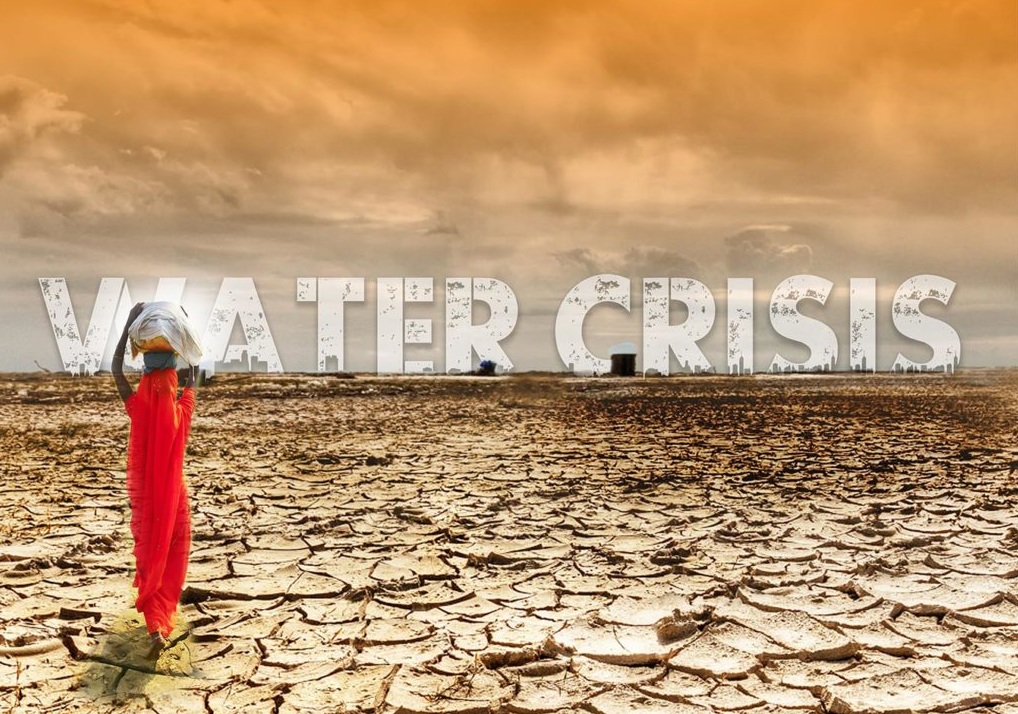Water Pollution Is one of the biggest issues facing In India right now.
As may be evident, untreated sewage is the biggest source of such form of pollution in India. There are other sources of pollution such as runoff from the agricultural sector as well as unregulated units that belong to the
small-scale industry. The situation is so serious that perhaps there is no water body in India that is not polluted to some extent or the other. In fact, it is said that almost 80% of the waterbodies in India are highly polluted. This is especially applicable of ones that some form or the other of human habitation in their immediate vicinity. Ganga and Yamuna are the most polluted rivers in India.
The Water Quality Index is a tool that determines the quality of drinking water in rural, urban and industrial areas across the world. India ranks 120th amongst 122 countries in terms of the water quality. The depleting
quality of water, over the years has significantly affected the per capita availability of water ever since the country�s independence in 1947. Today, more than 163 million Indians lack access to safe drinking water. Water is a necessity for sustaining life but if the quality of water is affected, it can be toxic. 80% of the life-threatening diseases are water borne. In the year 2019, around 7 people were killed every day owing to the consumption of polluted water. On a global scale, almost 1.5 million children die due to water related diseases. Even in case of India, 4 crore people in the rural parts have to drink contaminated water.
The only two sources of drinking water are groundwater and surface water bodies like rivers. Groundwater meets 50% of urban water needs and 85% of rural domestic needs. However, the excessive extraction has led to a massive amount of exploitation. According to a report by the Central Ground Water Board (CGWB), groundwater levels in the country have declined by 61% in the decade between 2007-2017. The process used now for procuring groundwater is called mining, which leaves no place for groundwater recharge. The surface water bodies have been contaminated with hazardous levels of arsenic and many other toxic metals like fluoride. Arsenic amongst these is known to cause a slow death.










